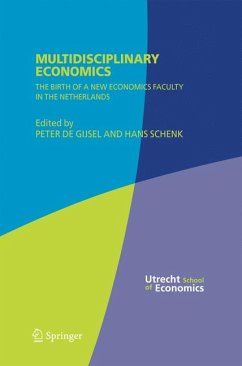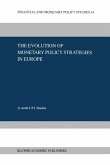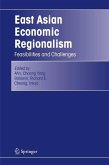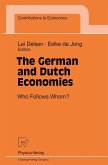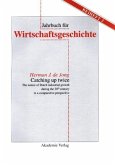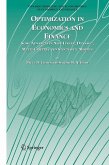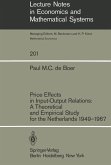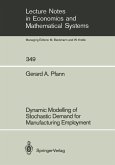Multidisciplinary economics deliberately uses the insights and approaches of other disciplines and examines what consequences their contributions have for existing economic methods, theories and solutions to economic problems. Multidisciplinary economists should be at home in their own discipline and meet the high international standards of economic teaching and research that the discipline has developed. At the same time they should be able to recognise the limits of economics and be willing to open up new horizons by following new, discipline-transcending paths on which new insights into the analysis and solutions of economic problems can be found in collaboration with representatives of other disciplines. As a result of this search, economic methods and theories may have to be adjusted in such a way that they take insights from other disciplines into account. They may even have to be replaced by methods and theories that have been developed by other disciplines.
Dieser Download kann aus rechtlichen Gründen nur mit Rechnungsadresse in A, B, BG, CY, CZ, D, DK, EW, E, FIN, F, GR, HR, H, IRL, I, LT, L, LR, M, NL, PL, P, R, S, SLO, SK ausgeliefert werden.

